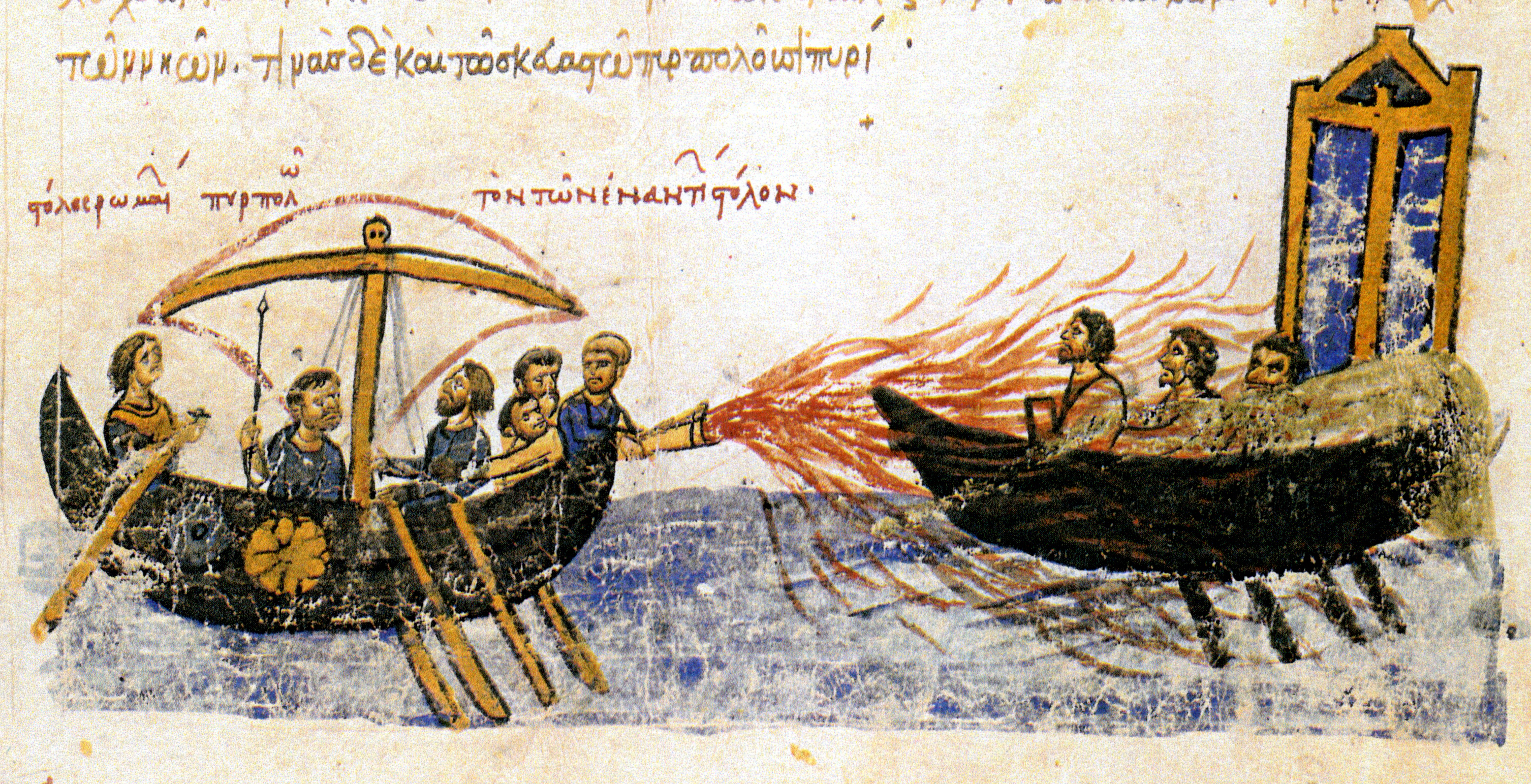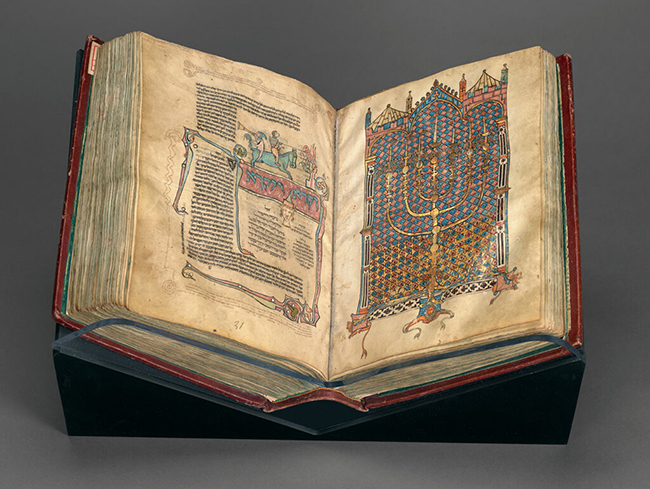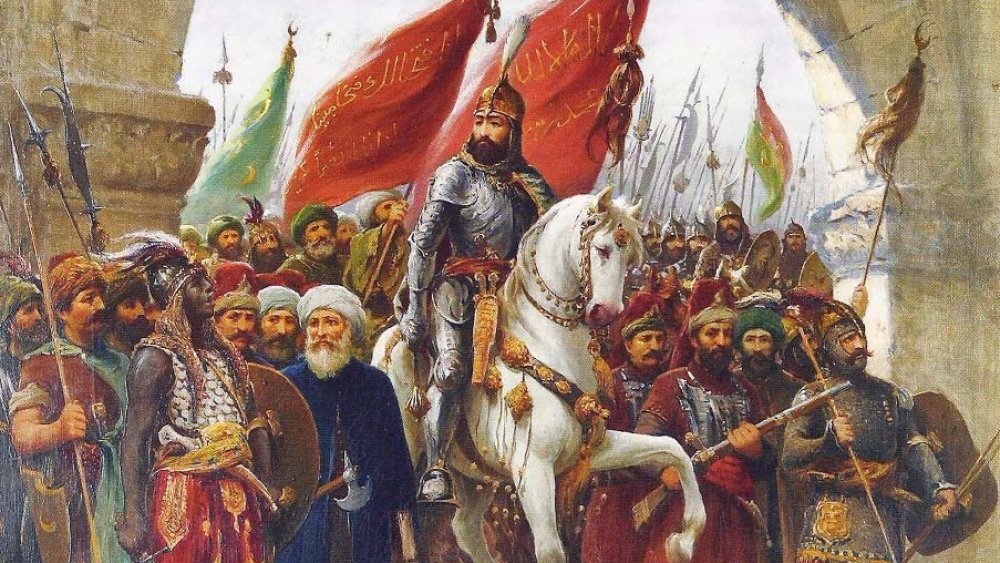Originating in 330 A.D., the Byzantine Empire was a huge and strong civilization. The empire was established 1000 years ago on the Eastern side of the Great Roman Empire and thrived to become the most dominant and prosperous until Ottoman Sultan Mehmed II conquered it in 1453 A.D.
The Byzantine Empire was a center of education and was renowned for its writing, folk art, and architecture. With all the significance of the Byzantine empire, there are a lot of topics one can talk about.

In this blog post, we will discuss some fascinating facts about the Byzantine Empire.
1. Byzantine Empire was not always called Byzantine
Byzantines referred to themselves as “Romans.” It took a long time after the fall of the Empire for the phrase “Byzantine Empire” to be coined.
Byzantine Empire is the name used by contemporary historians to separate the state from the western region of the Roman Empire. The name is a reference to Constantinople, the capital city of the Byzantine Empire, which was established in Byzantium.
2. The Byzantines had a bizarre way of fighting political battles
Instead of holding elections, presidential candidates went to great lengths to see who could physically inflict the greatest pain on their opponents to prevent them from coming their way.
They would settle political rivalries by blinding, amputating, or any other form of mutilation that would render the person futile for leadership. Some even opted for castration as it was believed to be the greatest punishment and would deprive the person of a potential heir.

3. Chariot Racing was huge back in the day
The popularity of chariot racing is among the many interesting facts about Byzantine Empire. The risk of fatality was quite great as the chariot Racers ran the risk of being pulled behind their horses and killed.
The thrills, carnage, and potential gambling winnings appear to draw people to racing. Most of these charioteers were slaves, but winning a race might win them as much as 15 bags of gold.
4. Adulterers and those with the knowledge of adultery were punished
Emperor Leo III implemented rules governing close relationships as part of the legal system changes he oversaw. During Leo’s rule, a married man who engaged in adultery received 12 lashes as punishment in addition to a fine. An unmarried man found fornicating would get six lashes.
According to some sources, those involved in adultery would have their noses cut off, while those who knew the sin would be flogged.

5. The Byzantines were the first to use the Greek Fire
The origin of Greek fire in 672 AD is one of the most fascinating facts about the Byzantine Empire. Large siphons set on the prows of the Byzantine ships were used to pump the substance onto opposing ships and men. It would ignite once it came in contact with seawater, and extinguishing it required tremendous effort.
Throughout the seventh, eighth, and tenth centuries, Byzantium was repeatedly protected by this substance against Arab and Russian invasions.

6. Constantinople’s fall due to cannons
One piece of military hardware, known as the cannon, bears a significant portion of the blame for how Constantinople itself fell after a 53-day siege in 1453 AD.
The gun launched cannonballs that weighed around half a ton. It destroyed defenses that had been in place for thousands of years. A single weapon has destroyed the formidable fortifications of the formerly impregnable city.

7. The rise of the Orthodox Church
The Greek-speaking church in Byzantium acquired significant liturgical variations from the Catholic, Latin-speaking church in the West throughout the ages, even though it was virtually always a Christian nation. The Eastern Orthodox Church in the Byzantine East and the Roman Catholic Church in the West are two distinct streams of Christianity that resulted from this “Great Schism.”
8. The Byzantines were the first to try rosemary
The Byzantines were the first people to cook using saffron and rosemary to flavor roasted lamb. These aromatics, which were well-known in antiquity, had not previously been considered to be culinary components.
The Byzantines were also the first to enjoy eggplant, lemons, and oranges, which were mainly unfamiliar to ancient Europeans.

9. Most of the ancient literature was saved by the Byzantine Empire
Byzantine intellectuals who upheld the old traditions of literature and learning rescued the majority of the philosophical writings of thinkers like Aristotle and Plato and the historical manuscripts of Greece and Rome. The Byzantines brought back works lost in the West for many years.

10. The Byzantines expanded our range of jams
The Greeks and Romans have known jams since ancient times. Still, additional jellies based on pears, citrons, and lemons throughout the Byzantine Empire also appeared. The expanding sugar supply aided the confectioner’s innovation.
Conclusion

The Byzantine Empire produced a rich tradition of art and learning and acted as a military barrier between the states. We mentioned some of the fascinating facts about the Byzantine Empire that people might still not be aware of, although it lasted for more than a thousand years.

